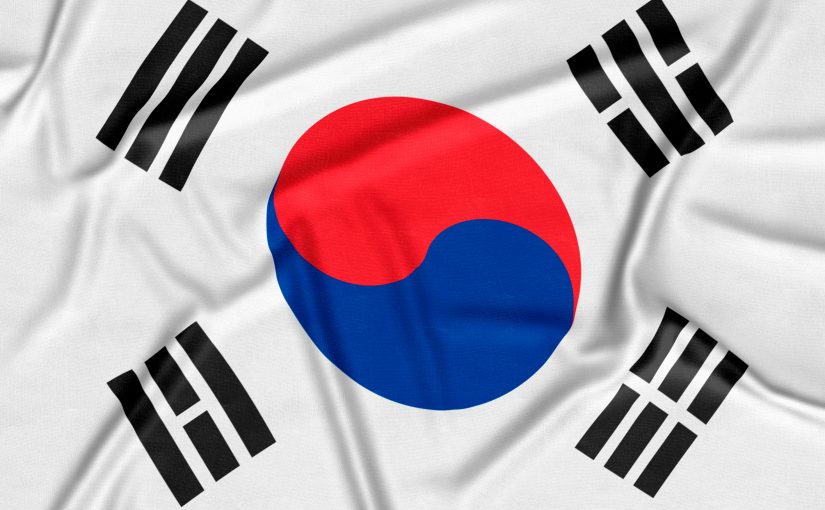
The number of Korean visitors to the United States increased steadily from 2011 and 2017; studies show that, even in 2019, almost 2300k individuals flew from S. Korea to America. These numbers alone signify how important it is to translate Korean to English accurate. We’re living in an increasingly globalized as well as interconnected world – a theme explored in our previous articles too.
The Korean government is increasing investment in the US. America today accounts for over 40% of Daehanmingug’s overseas investment (as of 2024). That’s why we need a Korean language translator to increase the mutual understanding between the two nations as well as their business people.
So, where do you find the best Korean translator? This blog argues why you should go beyond machine-translated Korean and hire human translators to get the job done right.
After reading this piece, you’ll find the best Korean accurate translator in human form online.
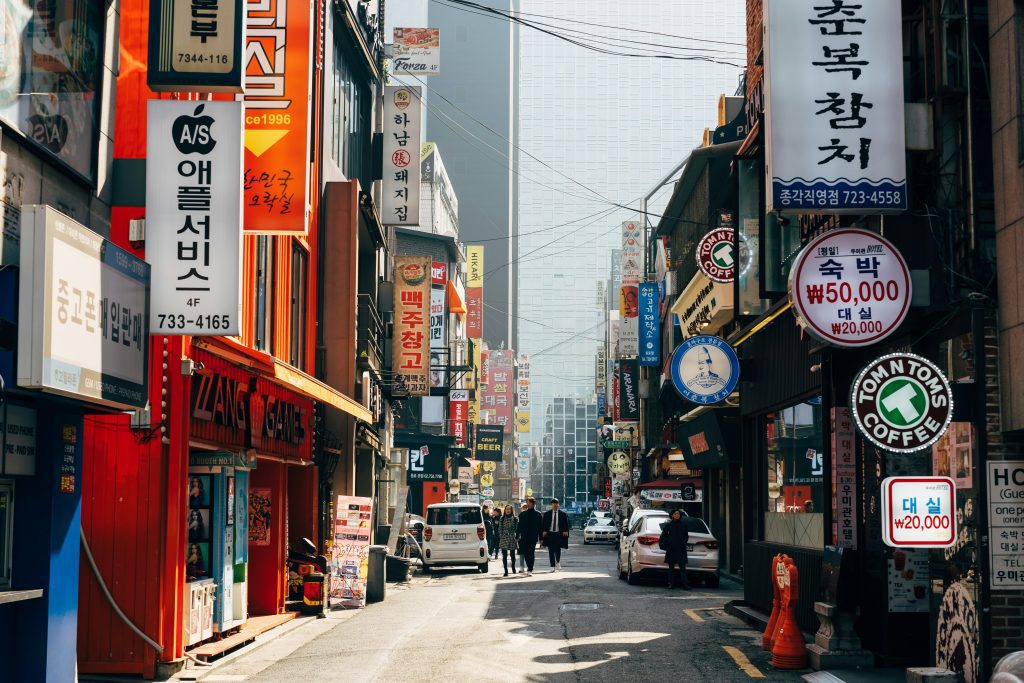
Korean Language: A Short Introduction
What happens when you try to translate Korean characters to English? Where do these characters even come from? If you intend to translate English to Korean accurate, it’s important to understand how the modern-day Korean developed historically.
It shouldn’t come as a surprise that traditional Korean characters are derivatives of Chinese forerunners. However, modern-day Korean characters (Hangul) have essentially replaced the traditional ones (Hanja) in most sectors of society. Historical records state that these characters were created by King Sejong of the 15th century because he wanted to improve literacy in Korea; his vision was to create characters that were so easy to learn that even peasants and commoners could read them effortlessly.
In the next section, we’ll argue how you should look for professional translation services to translate any written text in Korean into English and vice versa.

Challenges in Translating Korean to English Accurate
Why shouldn’t amateurs be hired to translate English to Korean or the other way around? You can guess that it’s due to the cultural differences between the two regions. Numerous translation challenges show up when you try to find equivalent words for a certain concept in another language. Some experts have pointed out the following discrepancies between the two languages:
- A state’s governor is called jisa when a US state isn’t a province or ju.
- “Loyalty” is often translated as chungseong, which is a narrow concept that implies loyalty to one country.
- Friendship is written as ujeong, which implies friendship between people of the same age group in Korean culture.
- The word of an independent candidate is musosok or “belongs to nowhere;” however, it implies having no power or influence.
- The word “people” is translated as gukmin or minjok, which are both wrong since they refer to being subjects of a nation and tribalism, respectively.
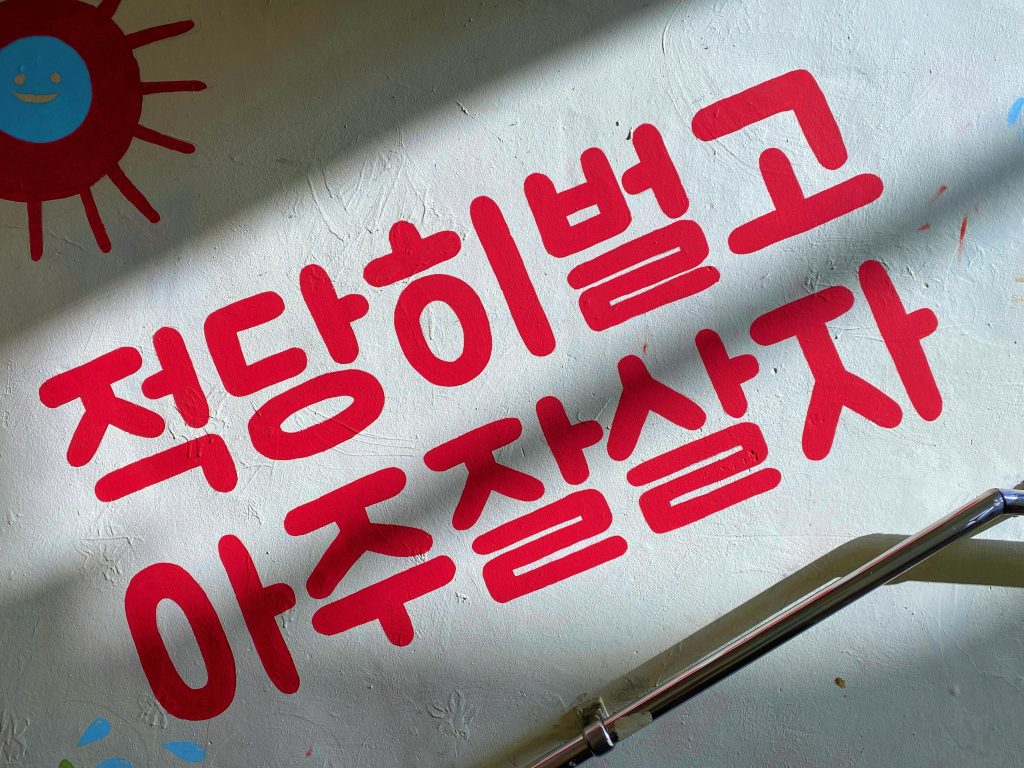
Why is it Difficult to Translate Korean to English?
Here are a few reasons why these translation difficulties emerge in the first place. We’ve gone through a major reason, i.e., cultural differences between America and Korea.
- Grammatical differences: In Korean, grammatical particles differentiate between objects as well as subjects. Also, they use different honorifics to showcase certain levels of politeness. Different verb endings are used to denote various politeness levels.
- Difficult idioms: Like all languages, translating idioms can be challenging, especially because the idiom you’re translating is deeply rooted in Korean culture. For instance, the idiom “dragons appearing in shallow streams” means an exceptionally skilled person appearing suddenly. In the native language, the idiom is: gaecheoneseo yong nassda.
- Modern slang: Like idioms, slang is also a tough nut to crack. Just as American slang won’t make much sense when reworded in another language, the same is the case with Korean sogeo. That’s why chimaek (chicken and beer) or daebak (awesome) must be translated carefully.
- Regional dialects: Korea has nine dialects, the Seoul one being the most widely accepted. Read the table below to understand how these dialects differ from each other:

| Dialect (bangeon) | Translation of the word “really” |
| Seoul (official) | Jinjja |
| Jeju (almost its own language) | Gi |
| Jeolla (Southwestern) | Jinjja-roya |
| Gyeongsang (Southeaster) | Jinjja-ga |
- Complicated words: Every language has certain untranslatable words; such words communicate entire concepts as briefly as possible. For instance, the word hyodo refers to a kid’s duty to take care of their parents until their parents die of old age. There’s no equivalent word in English that accurately and succinctly delivers this concept.
In the next section, we’ll explore a few useful tips to accurately translate Korean to English. You’ll learn a number of amazing ways to make sense of the two languages to facilitate dialogue between these proud nations. After all, it’s the second-most sought-after language in America (after Japanese, of course!).
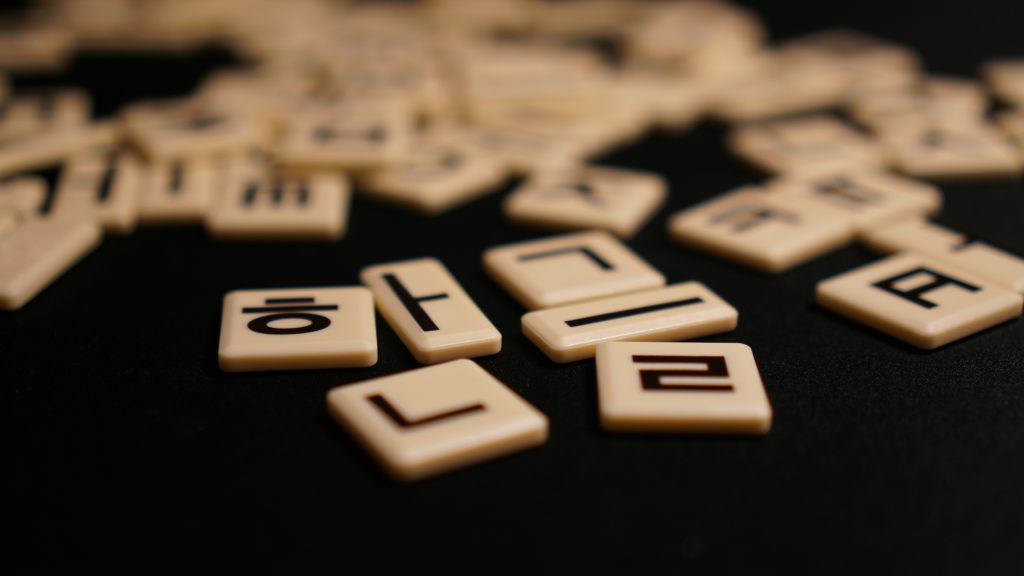
How to Translate Korean to English Accurate? Tips and Best Practices
The popularity of Korean dramas – often shortened as “K-dramas” – and Korean popular music abruptly increased in the United States during the early years of the pandemic. The viewership of Korean dramas had a staggering 200% rise between 2019 and 2021, mainly because of streaming platforms like Netflix. When the show Squid Games was released in September 2021, every fourth American watched it. These statistics show why Korean-to-English translation services are trending right now. So, here are a few tips to make sense of Korean for an American audience without losing the cultural touch:
Find a Reliable Translation Agency
Do not rely on a Korean language translator to give you an accurate rewording of the Korean text in the English language. Reach out to a translation agency that specializes in Korean-to-English translation and employs Korean-speaking individuals with lots of experience. Language familiarity is the bare minimum! The best translator understands the cultural context behind normal-looking Korean words/phrases.
Focus on Localization and Not Just Translation
Localization goes a step beyond merely rewording Korean text into English. That’s why your ideal agency has to offer both translation and localization services; that’s how you can make sense of ambiguous pop culture references and stay away from using words deemed offensive in Korean culture.
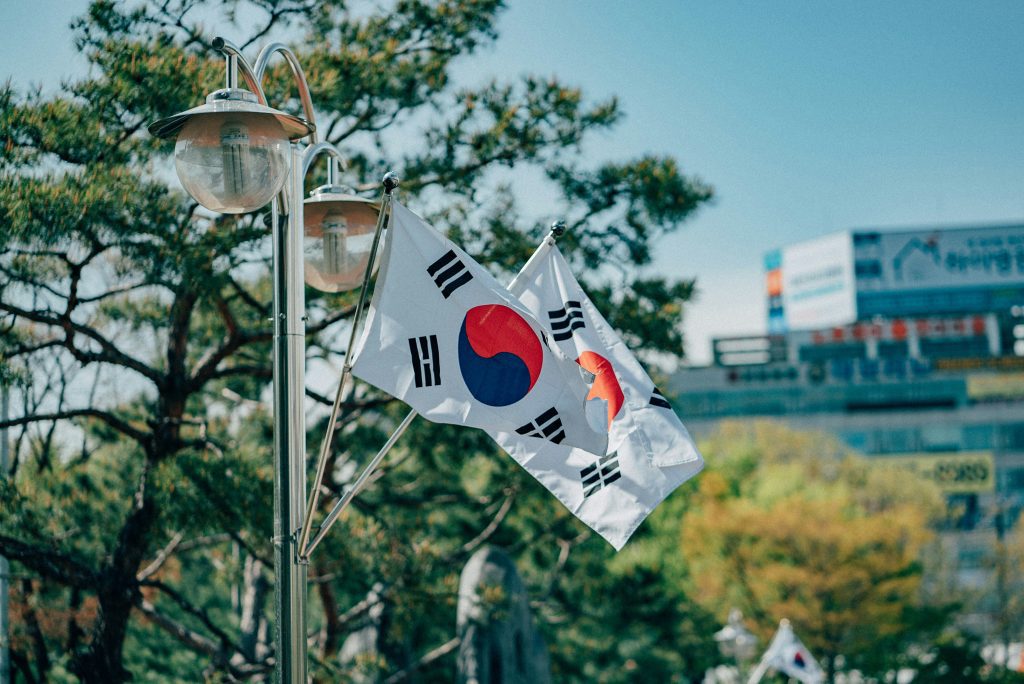
Provide Complete Information
Make sure that your translator knows the context behind the translation. That’s why you should provide translators with as much information as possible regarding the to-be-translated text. Dedicated Korean-to-English translation experts will stay in touch with you throughout the translation process.
Consider the Budget
Don’t disregard the budget of the whole translation project. Reputable agencies that work with certified translators charge less than $30 per page for such projects and deliver the translated text within 24 hours (or even less).
Stay in Touch
If you happen to find a good translator, it’s important to stick with them for long-term projects. You can ask for the same translator again and again. That’s because that translation agency will give you a letter of accuracy, certifying that the translation has been done accurately, bearing the translator’s signature.
Just as you won’t go to an amateur or use Google for drivers license translation, it’s never a wise idea to seek the help of AI tools when it comes to error-free, high-quality Korean-to-English translation. Now, it must be clear to you why hiring experienced human translators is the best way to translate Korean.
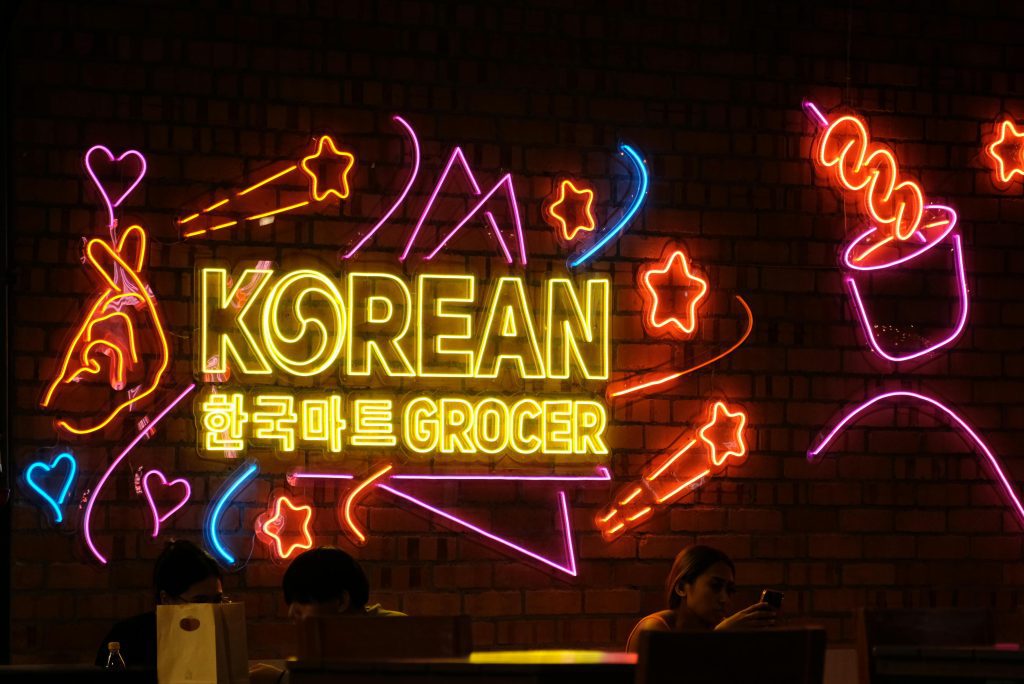
Conclusion
When the show Squid Games aired on Netflix, many Korean-speaking individuals realized how poorly the dialogues had been translated, ignoring the nuances and cultural contexts behind certain lines. It would not have happened if Netflix had hired professionals to rewrite the show’s script into English to preserve the “Koreanness” (hangugdaum) of the words spoken by the actors. Agencies like TranslateSwift provide accurate, context-driven translation to help foreign audiences understand local Korean shows better.
Whether you are enthusiastic about Korean culture of want to conduct business with Korean companies – it’s important to hire professionals for Korean-to-English translation and vice versa. You can find fast & reliable Korean translation services online to get a decent translation capable of standing on its own.
FAQs – Translating Korean to English
Why should anyone learn Korean-to-English translation?
Korean is one of the 20 most popular languages in the world, and the Hangul alphabet is easy to learn.
Do South Koreans use Google?
No, South Koreans use a search engine called Naver (operational since 1999). This platform handles over two-thirds of web searches in the Korean Peninsula.
Can I translate Korean into English using Google Translate?
A study from 2021 shows that Google Translate is accurate 82.5% of the time when translating Korean. That’s why you should work with a translation agency to boost this abysmal accuracy rate (up to 99%).










